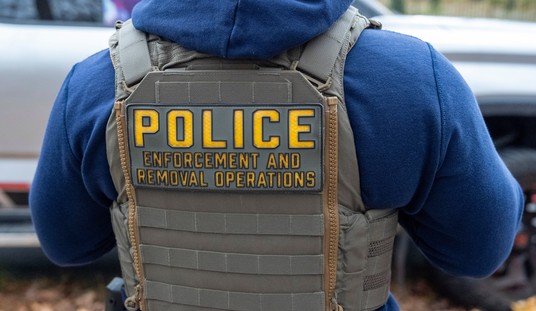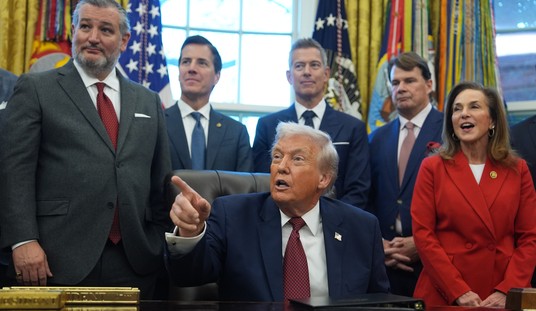As we approach the March 31 expiration date for surface transportation projects, we can take solace in the fact that the House will not vote on two bad bills; Boehner’s original 5-year $260 billion reauthorization and the Senate’s 2-year $109 billion bill. While we push for a more prudent long-term solution, the House will pass a 90-day stopgap bill to continue spending at current levels until the end of July.
While funding transportation projects with short-term bills is not ideal, it is better than passing a lousy long-term bill that cannot be altered for several years. Democrats are already launching their cantankerous assaults on the “irresponsible” stopgap bill, but we must remind them of two points that are overlooked in this debate.
First, since when has providing certainty to the transportation industry become a desideratum for Democrats? The last long-term surface transportation bill expired September 30, 2009. In other words, Democrats had 15 months of unfettered control of government, yet they failed to pass a long-term bill. Now that we have an ideological divide over numerous issues, they are suddenly in a rush to pass a long-term bill. Please spare us the contrived outrage.
Moreover, the fact that Washington gridlock is able to encumber the majority of transportation projects for 50 states just serves to underscore the reason why we should devolve transportation spending to the states. Since the completion of the Interstate Highway System in 1992, there is simply no reason why states shouldn’t levy their own taxes and manage their own highway projects, leaving the few projects with national scope to the federal government. If a state wants to fund public transportation, then let them have the debate about higher gasoline taxes on a local level. At present, there are 28 donor states – states that contribute more money than they receive in transportation funding. This is utter nonsense.
Instead of proposing yet another “pale-pastel” alternative to the Senate highway bill, let’s opt for a bold contrast and rally behind Tom Grave’s Transportation Empowerment Act (H.R. 3264). This bill would gradually transition gas tax revenue to the states over a period of four years. By 2017, every state would keep 14.7 cents of the current federal gasoline tax, leaving 3.7 cents in the hands of the DOT for the purpose of national projects. That way, each state can have a fair debate about their transportation needs and fund their priorities accordingly. If states conclude that they need more money for infrastructure, as the special interest groups have suggested, then it will become obvious to the local residents that the individual state needs to raise their gas tax or prioritize their spending in a different way.
With 50 states that are diverse in geography and population, Tom Grave’s devolution bill represents true federalism at work. If we can’t coalesce behind federalism in transportation issues, then what will we ever devolve to the states? Liberals want to maintain federal control over transportation spending to they can implement their social engineering, urban planning, and environmental regulations. It’s time for Republicans to block highway spending from being used as the conduit for the statist agenda.
There are currently 29 cosponsors of the devolution bill. Ask your member to join the effort to reinstate federalism and limit the size of the federal government.
Cross-posted from The Madison Project













Join the conversation as a VIP Member